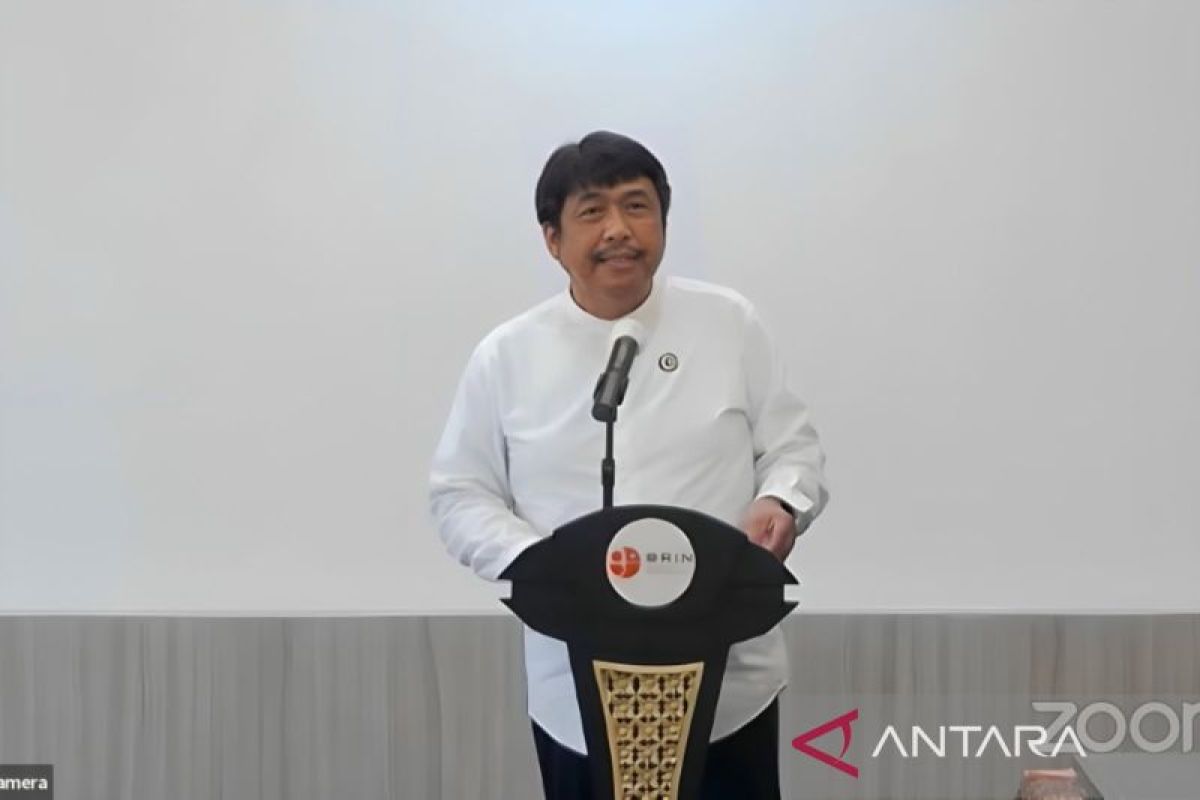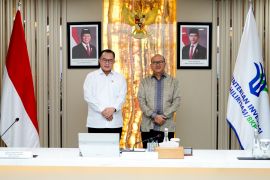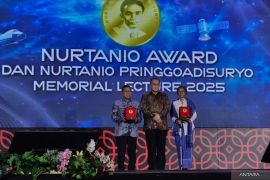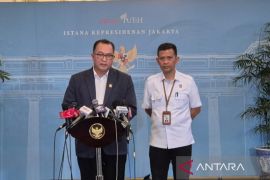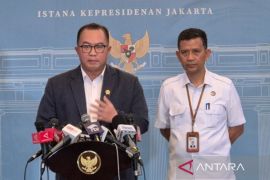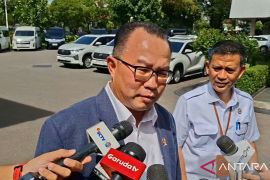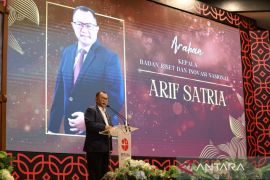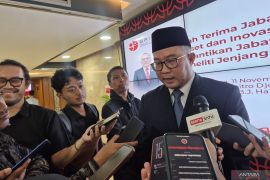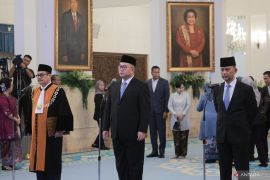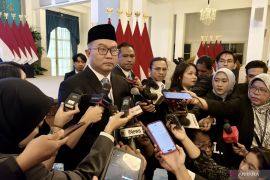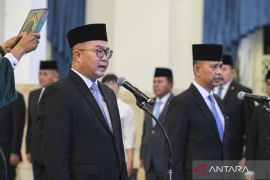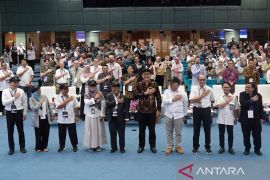Head of the Archaeology, Language, and Literature Research Organization of the National Research and Innovation Agency (BRIN), Herry Yogaswara, delivered the remarks on the 20th anniversary of the discovery of Homo floresiensis fossils, which was commemorated here on Wednesday.
"We say that there is no more archaeological research that is only carried out regionally. Archaeologists from Papua are now able to do research at the Bongal Site (Central Tapanuli, North Sumatra)," he explained.
The mechanism for regional research has changed with the transformation of the Directorate General of Culture of the Ministry of Education, Culture, Research, and Technology, Yogaswara said.
The changes include the establishment of a Cultural Preservation Center (BPK), which has changed the governance of cultural heritage and related research, he added.
The event commemorating the 20th anniversary of the discovery of Homo floresiensis fossils could be a momentum to unite archaeologists in the country, he continued.
"I saw a new spirit from the archaeologists; this commemoration can be a spirit, a momentum of change in archaeological research," he said.
For this reason, BRIN is preparing a new platform for archaeological research in Indonesia, namely a five-year excavation program, he informed.
He said that the excavation program will focus on the Lematang Drainage Basin Site in Bumiayu, Central Java, and then the Bongal Site in Central Tapanuli, North Sumatra.
BRIN, he added, will equip researchers with the latest technology, such as tools like those used for cryogenic electron microscopy (cryo-EM), which can detect up to thousand-year-old samples.
"Hopefully, this can be a good thing at BRIN, especially in the field of archaeological research," he said.
Related news: Archeological objects in Jember prone to theft
Translator: Sean M, Kenzu
Editor: Azis Kurmala
Copyright © ANTARA 2023
